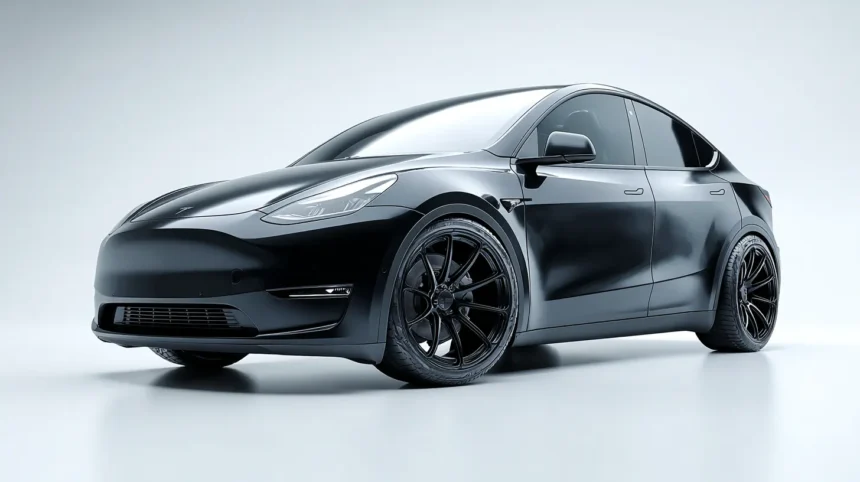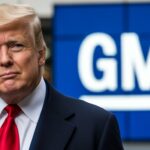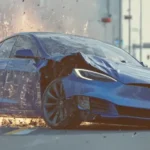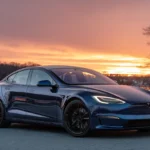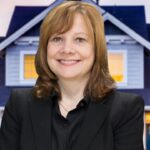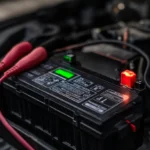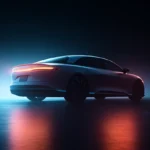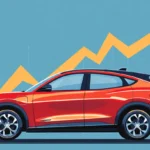Tesla Model Y FSD arbitration
In July 2025, a Washington-based lawyer named Marc Dobin won nearly $18,000 from Tesla after an arbitrator ruled the company failed to deliver on its Full Self-Driving (FSD) promises—ordering a full $10,000 refund plus $7,975 in arbitration costs.
Key Facts of the Arbitration Case
Tesla’s sales contract forces customers into binding arbitration handled by the American Arbitration Association (AAA). After a year-long process conducted over Zoom, the arbitrator concluded FSD was “not functional, operational, or otherwise available.” Tesla’s lone witness, a field technician, acknowledged he lacked knowledge of Dobin’s vehicle logs or the safety-score gatekeeper Tesla introduced after purchase—evidence the arbitrator found persuasive.
Who Is Marc Dobin?
Dobin is both a seasoned arbitration lawyer and a three-time Tesla owner. He bought a 2021 Model Y with FSD to help his wife, whose mobility is declining. The refund, therefore, wasn’t merely financial—it represented lost independence they believed FSD would restore.
The Promise of Full Self-Driving: Marketing vs Reality
Since 2016, Tesla advertising claims every car has the hardware for unsupervised autonomy. Yet almost a decade later, cars still require constant driver attention and receive frequent software updates that fall short of Level-4 autonomy.
Tesla’s Hardware Generations: HW2→HW4 Explained
Tesla upgraded HW2 and 2.5 cars to HW3, only for CEO Elon Musk to concede in January 2025 that HW3 also cannot reach full autonomy, foreshadowing another costly retrofit to HW4 computers.
Safety Score Controversy
FSD Beta access once required a perfect 100/100 “safety score.” The score weighed hard braking, aggressive turns, and rapid acceleration—criteria never mentioned during sale. Dobin argued this unilaterally changed the contract, a stance with which the arbitrator agreed.
How the Arbitration Process Works for Tesla Owners
- Send a Demand Letter to resolutions@tesla.com.
- File AAA Arbitration if Tesla denies or ignores the claim.
- Tesla Pays Most Fees: Under consumer AAA rules, companies must cover fees beyond a small filing charge—why Tesla lost an extra $7,975 here.
Cost Breakdown of the $18,000 Award
| Component | Amount (USD) |
|---|---|
| FSD Package Refund | $10,000 |
| State & Local Tax | ~$600 |
| AAA Case Fees | $7,975 |
| Total | ≈$18,575 |
(Rounded; final numbers vary by jurisdiction.)
Consumer Protection Laws & Binding Arbitration
Although the Magnuson-Moss Warranty Act typically lets consumers sue in court, Tesla’s purchase agreement compels arbitration—a clause repeatedly upheld in U.S. courts. Dobin’s win shows arbitration can still favor consumers when evidence is robust.
Impact on Current and Future Tesla Owners
- Refund Playbook: Dobin’s public blog serves as a roadmap for others who paid for FSD but never received it.
- Resale Values: Non-transferable FSD licenses have depressed used-Tesla prices, prompting potential mass refund requests.
Historical Price Fluctuations of FSD
FSD cost $5k in 2019, rose to $15k in 2023, then fell to $8k with a $99/month subscription in April 2024—angering early adopters who paid more.
Comparison with Other ADAS Systems
General Motors’ Super Cruise and Ford’s BlueCruise offer hands-free highway driving with eye-tracking, yet neither markets itself as “Full Self-Driving.” Regulators praise their clearer messaging, contrasting Tesla’s disputed autonomy claims.
Regulatory Backdrop: NHTSA, NTSB and Beyond
In April 2024, NHTSA linked Autopilot to 467 collisions—including 13 fatalities—highlighting the risks of over-promising autonomy.
Legal Precedents in Auto Tech Disputes
For the past several years, judges across multiple U.S. districts have compelled nearly every “deceptive Full Self-Driving” lawsuit into private arbitration, pointing to the click-wrap clause Tesla places in its online order agreement. Because that clause bars owners from banding together, wide-ranging class actions have evaporated before courts could even weigh the fraud allegations.
Against that backdrop, the Tesla Model Y FSD arbitration win secured by attorney-owner Marc Dobin stands out: it proves that a single consumer—armed with meticulous records and patience—can still extract both a full FSD refund and reimbursement of hefty arbitration fees. In other words, the very contract language Tesla relies on to shield itself from class-wide liability has now become a double-edged sword, offering a clear, court-enforceable roadmap for individual owners who feel short-changed by the company’s autonomy promises.
Conclusion: The Path Forward for Tesla and Consumers
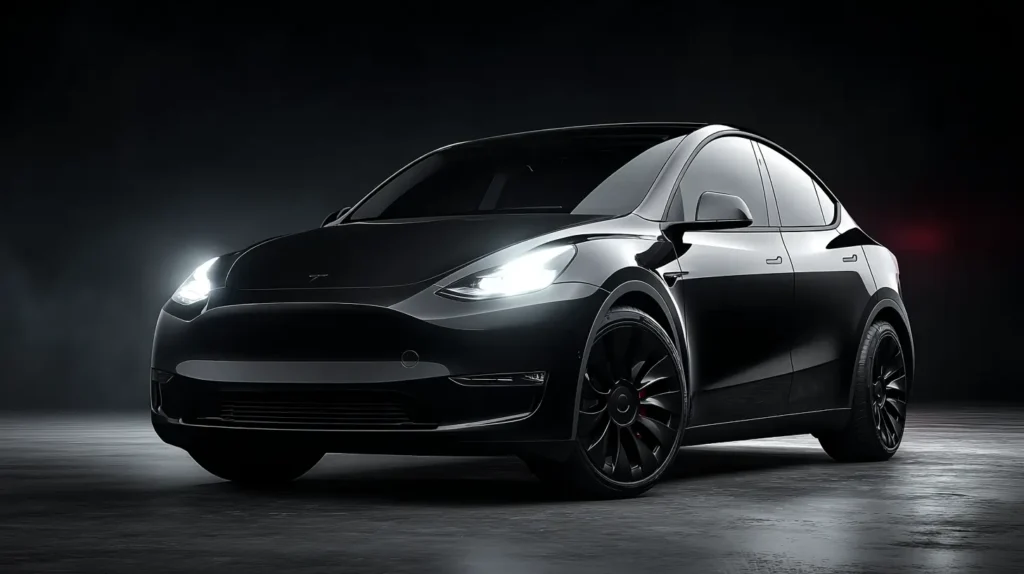
The Tesla Model Y FSD arbitration ruling underscores a growing accountability gap between Silicon Valley promises and real-world performance. As regulators tighten oversight and owners demand tangible results, Tesla faces a crossroads: either deliver true autonomy or refund billions in advance payments. For consumers, the case proves arbitration isn’t a dead end—it can be a powerful tool for justice when armed with documentation and persistence.
Read Also: Tesla’s 2025 Roadmap: Cybertruck Roll-Out, Model 2 Rumors & What’s Confirmed So Far
